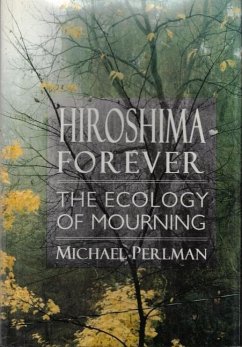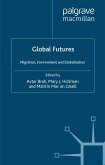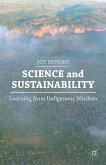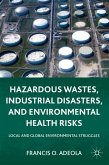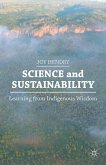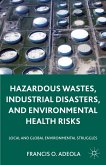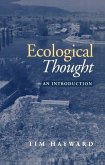John Hersey's Hiroshima moved us almost unbearably. But where do we go from there? Fifty years after the tragic events, Hiroshima Forever shows us that what we want most - the endurance of a habitable, humane world - is born of our willingness to open our hearts to the sorrows of others - other races, nationalities, and individuals, but also other forms of being: animals, mountains, land and trees. To share in the mourning and misfortune of these "others", including past and present enemies, leads us to the truth of our ecological devastation and the possibility of going beyond. Hiroshima Forever insists that our capacity to open to the sorrows of others is paradoxically the only way to heal and protect ourselves. It consists of twelve profoundly thought-provoking essays in commemoration of the fiftieth anniversary of the bombings of Hiroshima and Nagasaki.
Bitte wählen Sie Ihr Anliegen aus.
Rechnungen
Retourenschein anfordern
Bestellstatus
Storno

